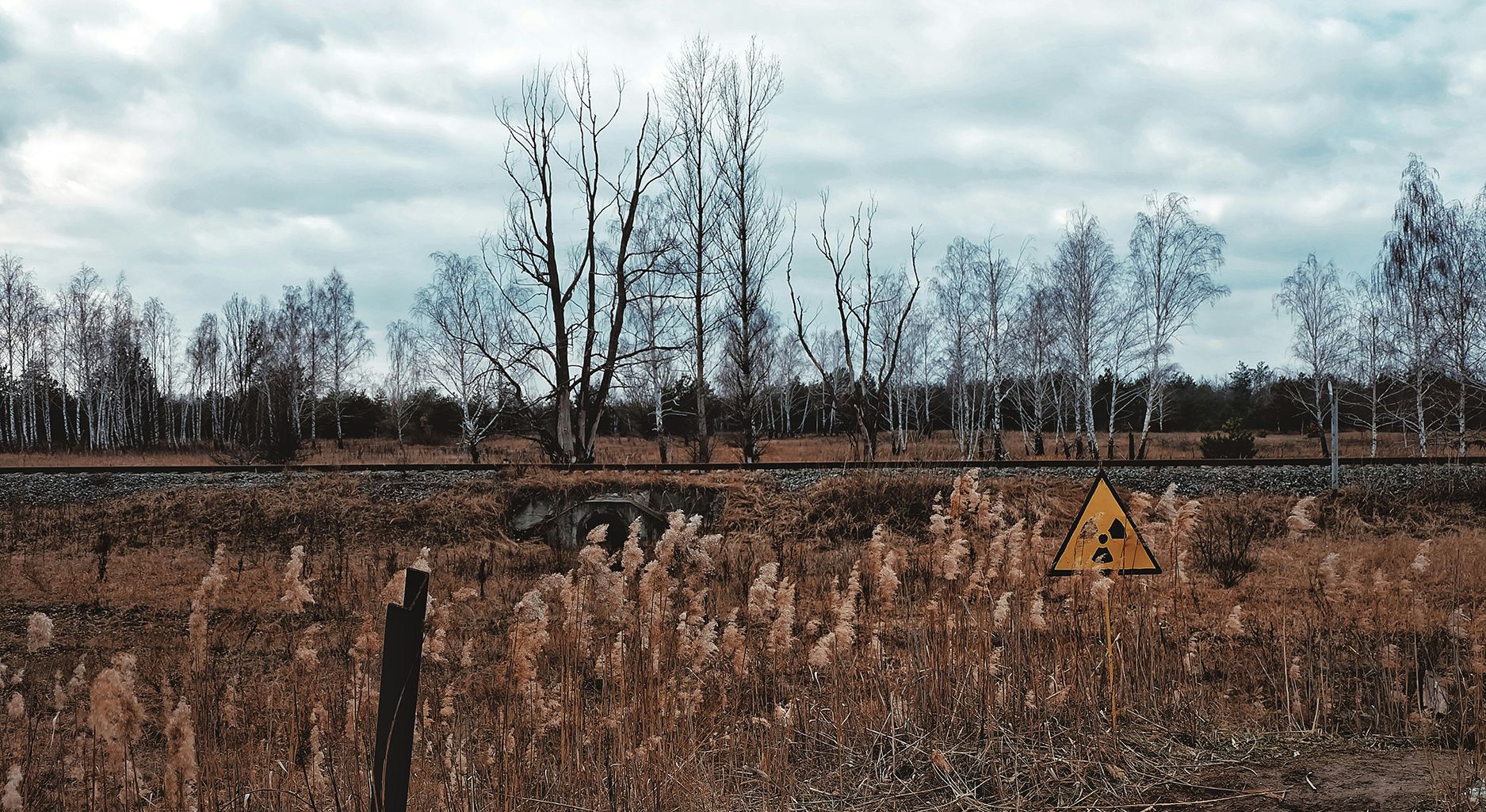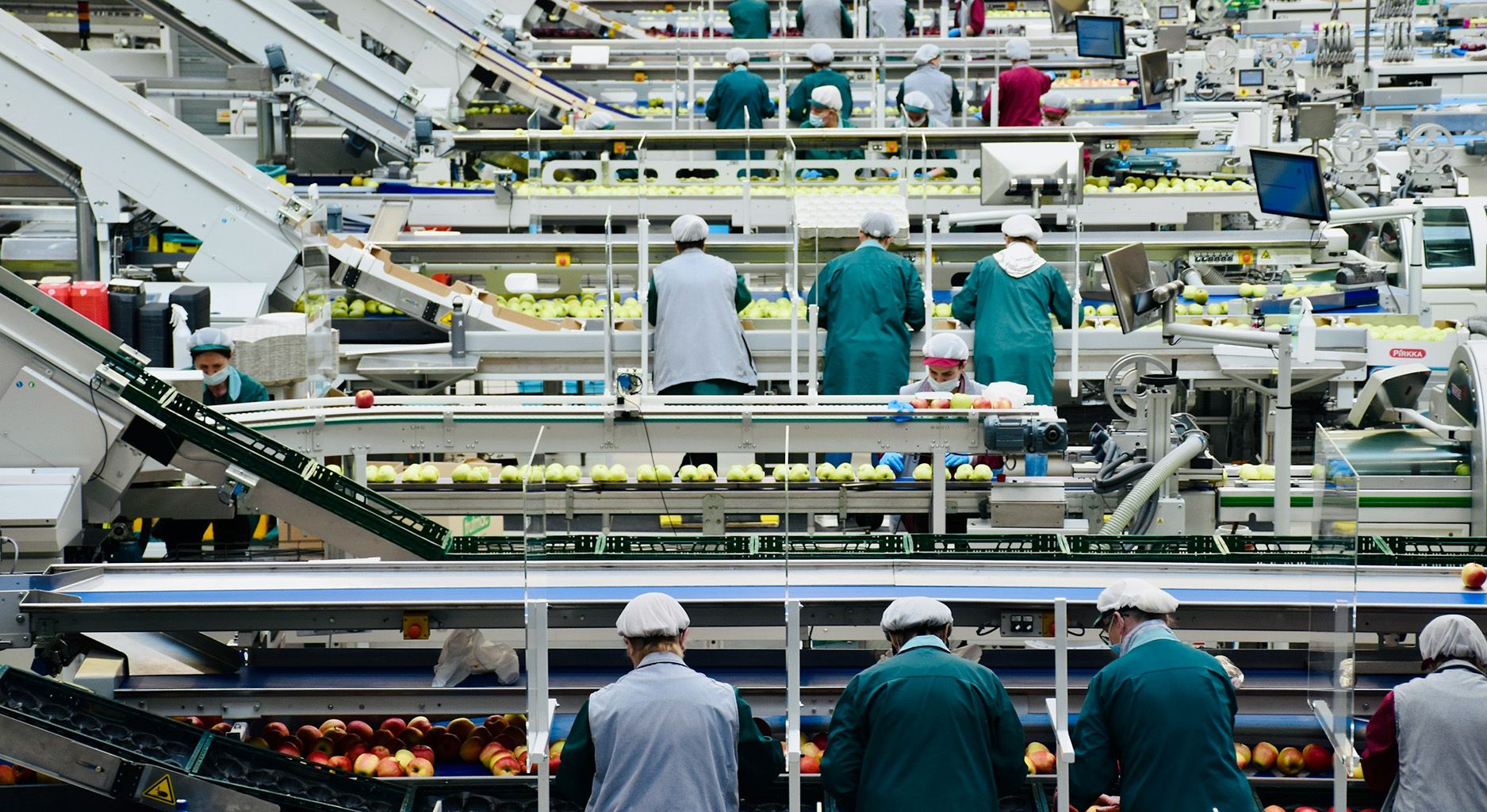Monat: April 2024
Seit einigen Jahren zeichnet sich ein besorgniserregender Trend ab: Autoritär geprägte Staaten entkoppeln sich zunehmend von den globalen Internet-Infrastrukturen durch den Aufbau eigener IT-Systeme und -Infrastrukturen. Mittelfristig könnte diese Entwicklung zu einer Aufteilung des Cyberspace in unabhängig voneinander funktionierende Teile führen. Eine solche Segmentierung kann Bestandteil strategisch-außenpolitischer Interessensdurchsetzung sein. Damit wird die ohnehin brüchige Stabilität des Cyberraums nachhaltig untergraben und das Risiko schwerwiegender Cyberattacken erhöht.
Rhetorik, die überzeugt? „Historische Lehren“ in der deutschen Debatte über den Ukrainekrieg
Während die Ukraine seit dem 24. Februar 2022 ihr Land gegen die russischen Invasoren verteidigen muss, ringen die Deutschen – wieder einmal – um ihre eigene Vergangenheit. Auffällig an der Debatte ist, dass ein und dieselbe historische Phase, nämlich die Jahre 1939 bis 1945, zur moralischen Rechtfertigung unterschiedlicher Handlungen herangezogen wird. Dieser Blog problematisiert, wie die NS-Vergangenheit im politischen Diskurs rhetorisch mit dem Ziel der Überzeugung eingesetzt wird.
A Green Recovery for Ukraine: How to Avoid the Trap of Green Colonialism?
The environment is not a silent victim in Russia’s war against Ukraine; the long-term threats for the people of Ukraine are already visible. The environmental dimension of the war has been documented from early on. In this respect, the war is a model for future military conflicts. President Zelenskyy emphasized in his peace plan that green reconstruction is an essential element for a just and sustainable future. Green reconstruction, as every reconstruction, needs international support and local engagement. In this blog post, we identify the conditions that must be met to ensure that local groups are empowered and new international dependencies are avoided.
The Philippine National Police: Finally Putting Limits to Police Use of Deadly Force?
On March 22, 2024, Davao City mayor Sebastian Duterte declared that “Davao City is at war against drugs.” In the following days, seven suspects were killed in police anti-drug operations. However, shortly thereafter the mayor's call to arms was met with resistance from the police. Several police officers were relieved of their duties and the PNP-chief declared that “there is no need for a drug war.” Is the Philippine National Police finally taking on its dismal record on the use of deadly force?
A Gap between Social and Ecological Rights: A Commentary after One Year of the German Supply Chain Due Diligence Act
Frequent violations of human, labor, and environmental rights continue to impact supply chains globally, with notable prevalence in the Global South, but also in the Global North. The German Supply Chain Due Diligence Act (SCDDA, in German: Lieferkettensorgfaltspflichtengesetz [LkSG]), enacted in 2023, represents significant progress in upholding rights within the context of socio-ecological transformation across value chains. However, the law faces challenges, particularly in terms of its prospective enforcement and the absence of a cohesive link between social and ecological rights. This article provides a commentary and argues that addressing these issues should be a priority.
Socio-ecological Transformation Conflicts: A Central Field of Conflict and Research in the 21st Century
Conflicts over climate and energy policy, security and geopolitical dimensions of global decarbonisation, or human and environmental rights violations in global value chains: The current socio-ecological transformation is causing new and exacerbating existing socio-political conflicts that will characterise the 21st century. The new working group on socio-ecological transformation conflicts, which introduces some of its fields of research in this blog series, brings together existing expertise on these conflicts at PRIF.





